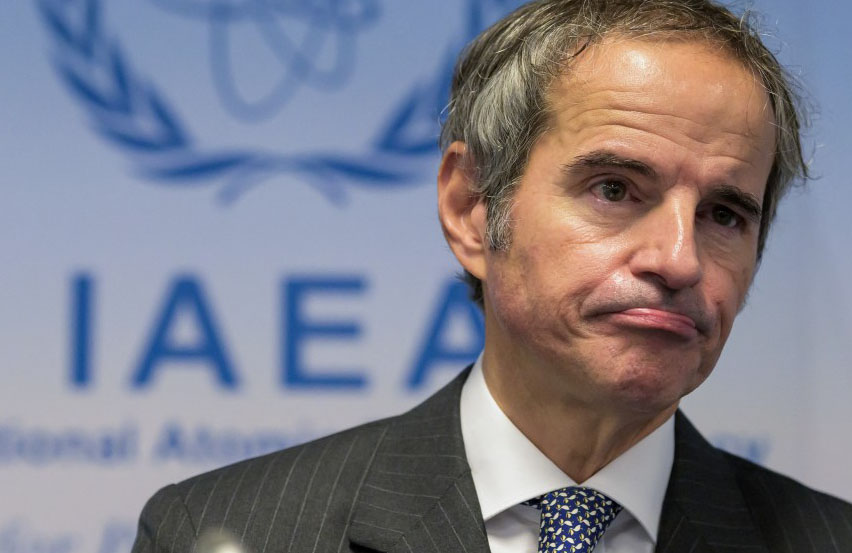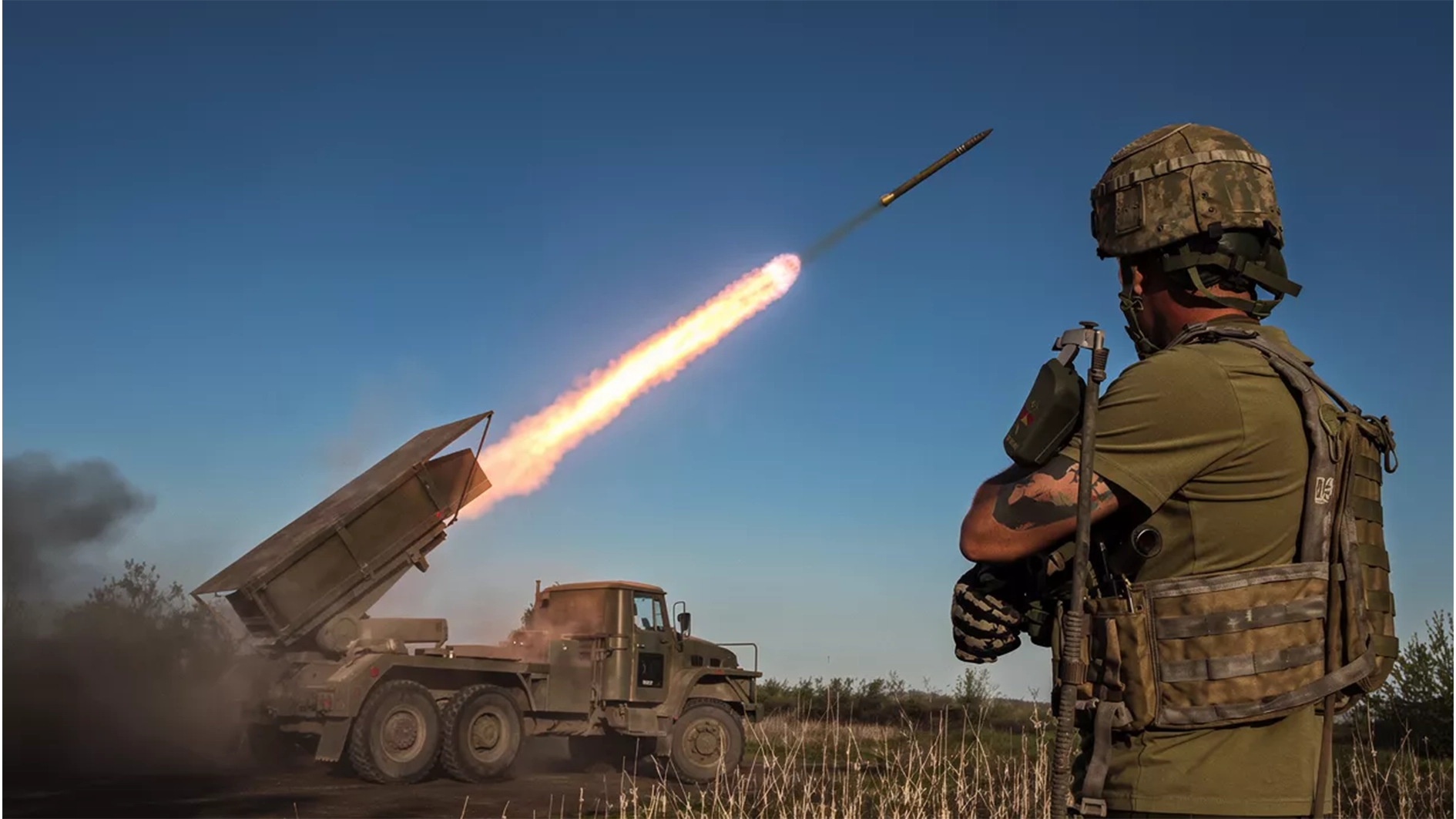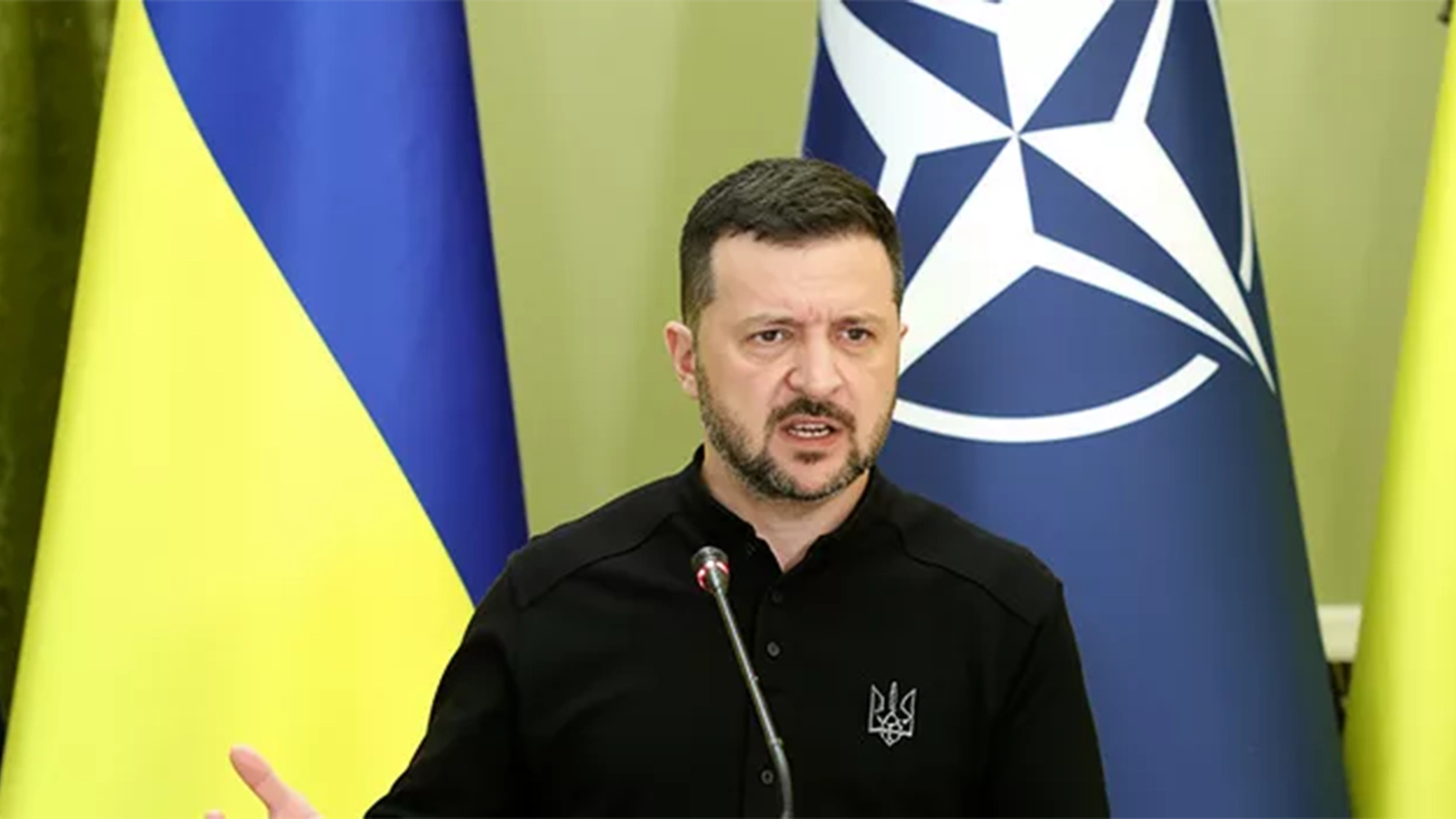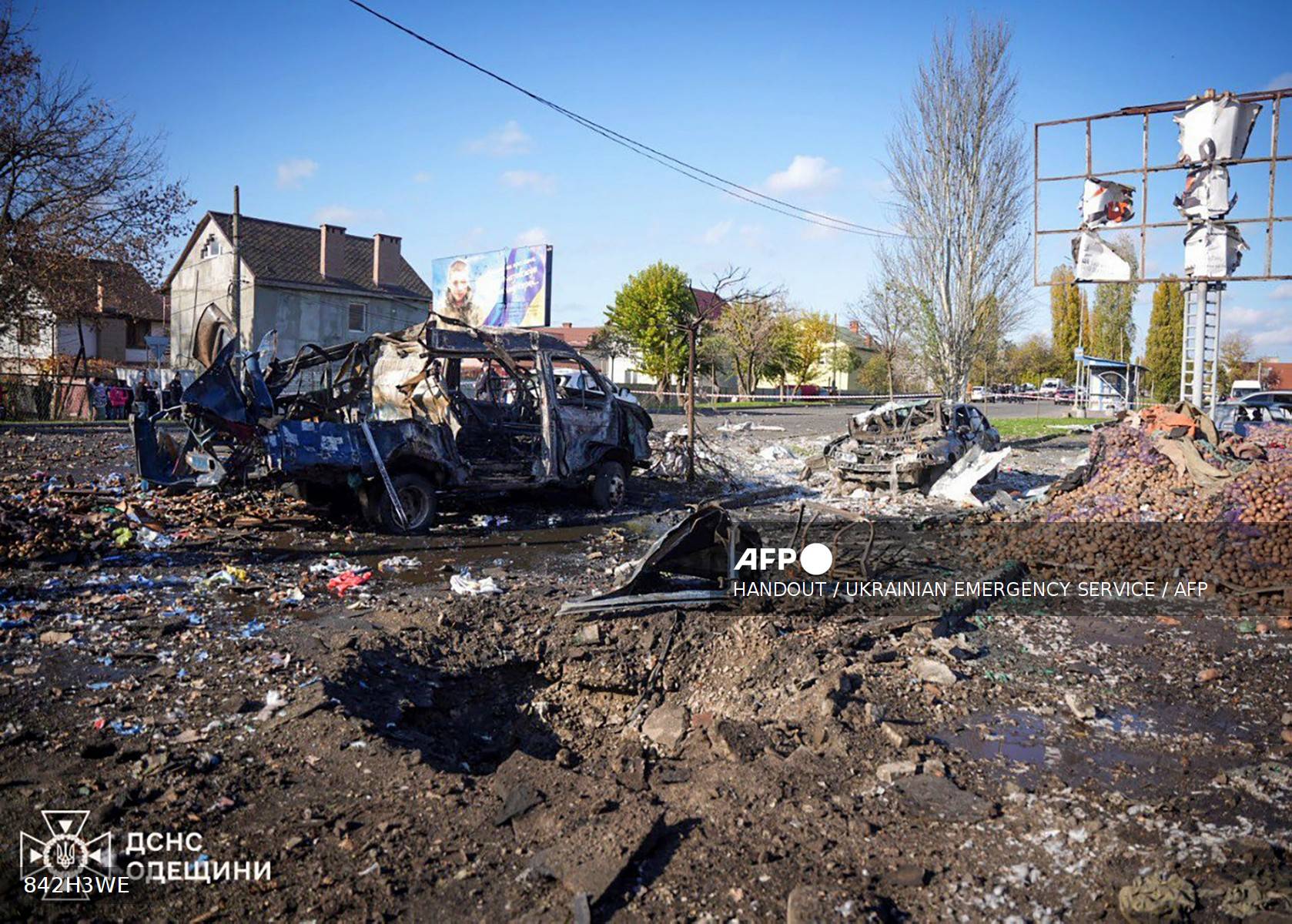
Western powers have been reluctant to get tough on Tehran for fear of aggravating Middle East tensions as Iran grows its nuclear programme and reduces cooperation with the UN watchdog, diplomats say.
Worries of a wider regional conflict have sharpened since Hamas’s shock October 7 attack and Israel’s retaliatory bombardment and ground offensive aimed at destroying the Palestinian militants in Gaza.
At this week’s Board of Governors meeting of the International Atomic Energy Agency (IAEA) in Vienna, the United States and the so-called E3 group — France, Germany and the United Kingdom — condemned Tehran’s lack of cooperation.
Despite stressing that Iran’s actions had “pushed unprecedented boundaries”, they held off on submitting a binding resolution.
“The picture is pretty bleak, but the fact at the moment is that there is no appetite to provoke a reaction in Iran in the context of the war in the Middle East,” a senior diplomat summed up the current deadlock.
Israel says Hamas broke through Gaza’s militarised border to kill about 1,200 people and seize around 240 Israeli and foreign hostages.
Retaliatory strikes and a ground offensive by Israel have killed about 15,000 people, the Hamas government in Gaza said.
– ‘Very serious blow’ –
The 2015 deal curbing Iran’s nuclear programme in exchange for sanctions relief started to unravel in 2018 when then US president Donald Trump unilaterally withdrew from it and reimposed sanctions.
Iran retaliated by stepping up its nuclear activities.
Efforts to revive the deal have been fruitless so far with European-led talks on hold since 2022.
Last week’s confidential IAEA report showed that Iran now has enough uranium enriched up to 60 percent — just short of weapons-grade — to theoretically manufacture three bombs.
“That’s quite an amount, especially if you don’t use it for anything,” said a diplomatic source.
Iran has repeatedly denied seeking nuclear weapons.
While Iran has been dragging its feet on reinstalling IAEA monitoring equipment it disconnected last year, it recently also withdrew the accreditation of several agency inspectors.
According to diplomats, eight inspectors from France and Germany have been affected by Tehran’s decision.
Earlier this year, another IAEA inspector — a Russian — had been barred following the detection of a technical modification in centrifuges that had caused enrichment to peak at 84 percent.






